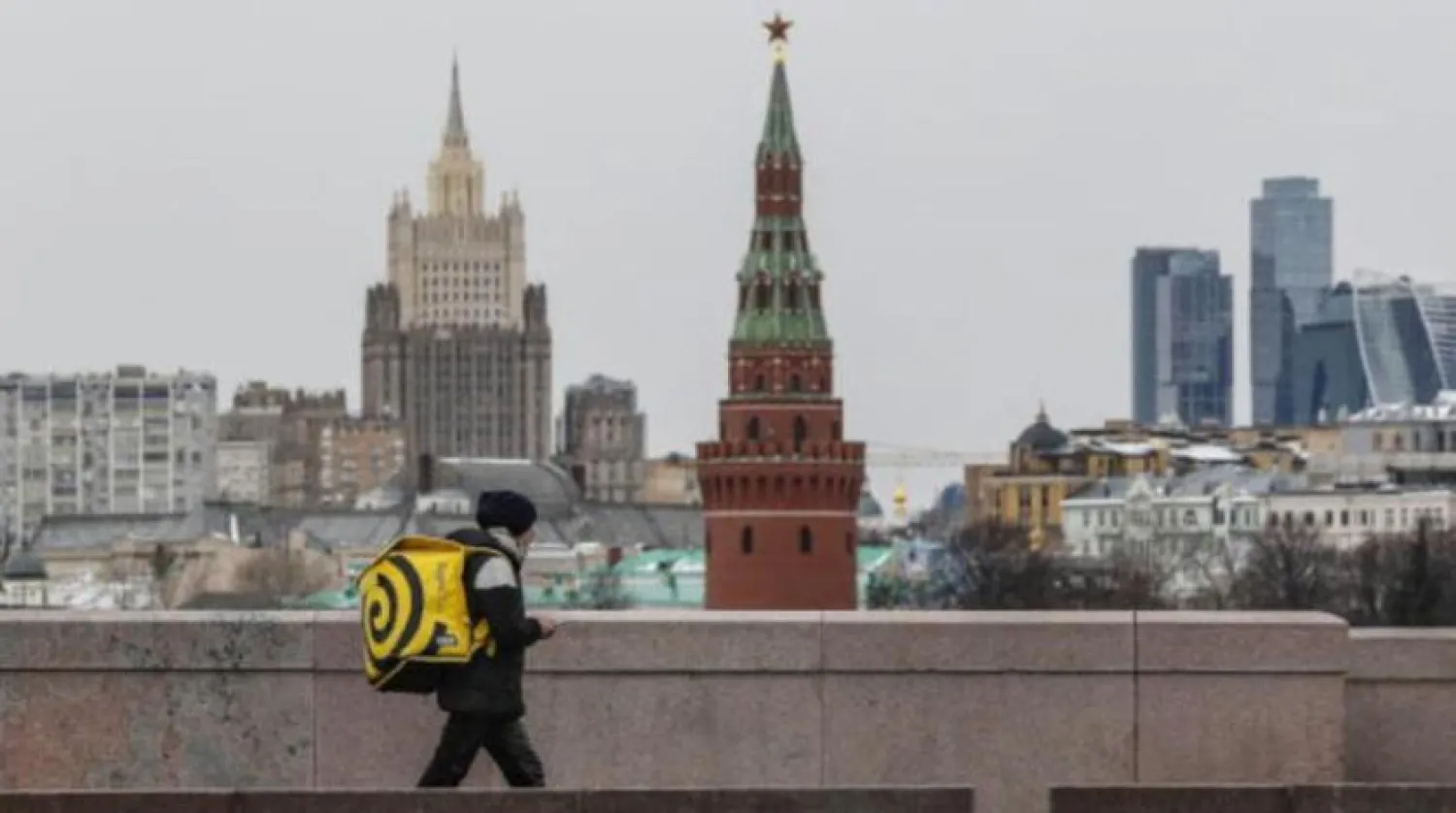The Arab League said a delegation of the Contact Group on Ukraine would start a visit Monday to Moscow to meet with Foreign Minister Sergei Lavrov, then head to Poland to meet with Ukrainian Foreign Minister Dmytro Kuleba.
The delegation will include Arab League Secretary-General Ahmed Aboul Gheit and the foreign ministers of Egypt, Jordan, Algeria, Iraq, and Sudan.
The Group held a virtual coordination meeting at the ministerial level last Saturday to prepare for the visit to Moscow. The schedule includes visiting Warsaw the following day to meet with the Minister of Foreign Affairs of Ukraine.
The meeting of Arab officials with the Foreign Ministers of Russia and Ukraine comes about a month after the Arab League recommended forming an Arab Contact Group on Ukraine at the ministerial level to follow up and conduct the necessary consultations.
The Group was also assigned with contacting the concerned parties hoping to find a diplomatic solution to the crisis.
During an emergency meeting at the level of delegates held at the General Secretariat of the Arab League in Cairo last February, the Council expressed “great concern” over the developing events in Ukraine and “their serious military and humanitarian consequences.”
The organization, which held an emergency meeting at Egypt’s request, said it supports “all efforts aimed at resolving the crisis through dialogue and diplomacy to preserve the security and safety of peoples in this important region of the world.”
It also emphasized the need for continued cooperation and coordination between Arab countries to maintain the security and safety of the Arab communities currently in the region, facilitate the crossing of those wishing to cross to neighboring countries, and maintain the security and safety of members of Arab diplomatic missions.
The meeting stressed the importance of respecting the principles of international law and the UN Charter and supporting efforts to ease tension in Ukraine.









